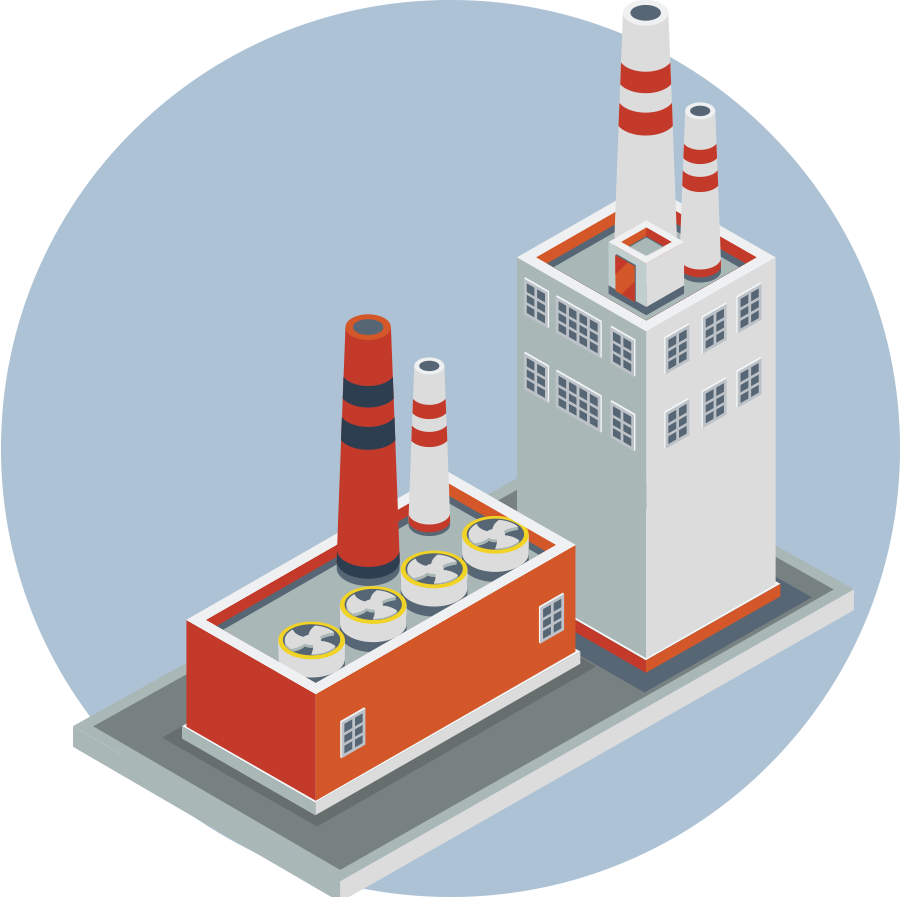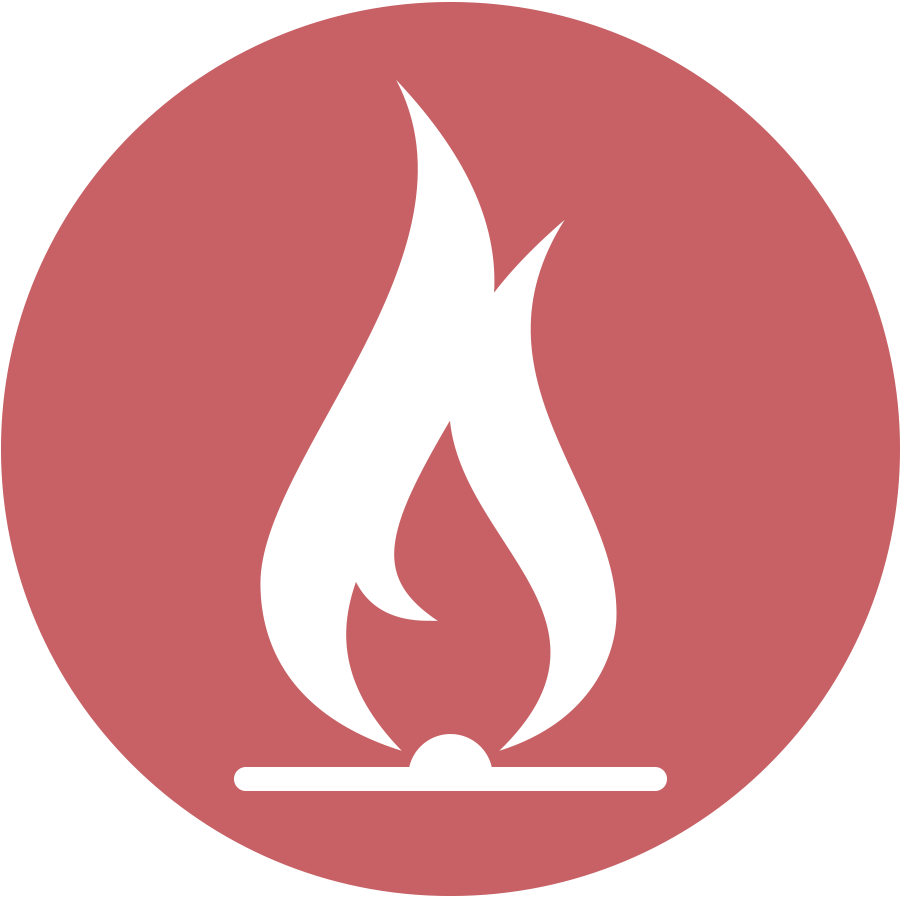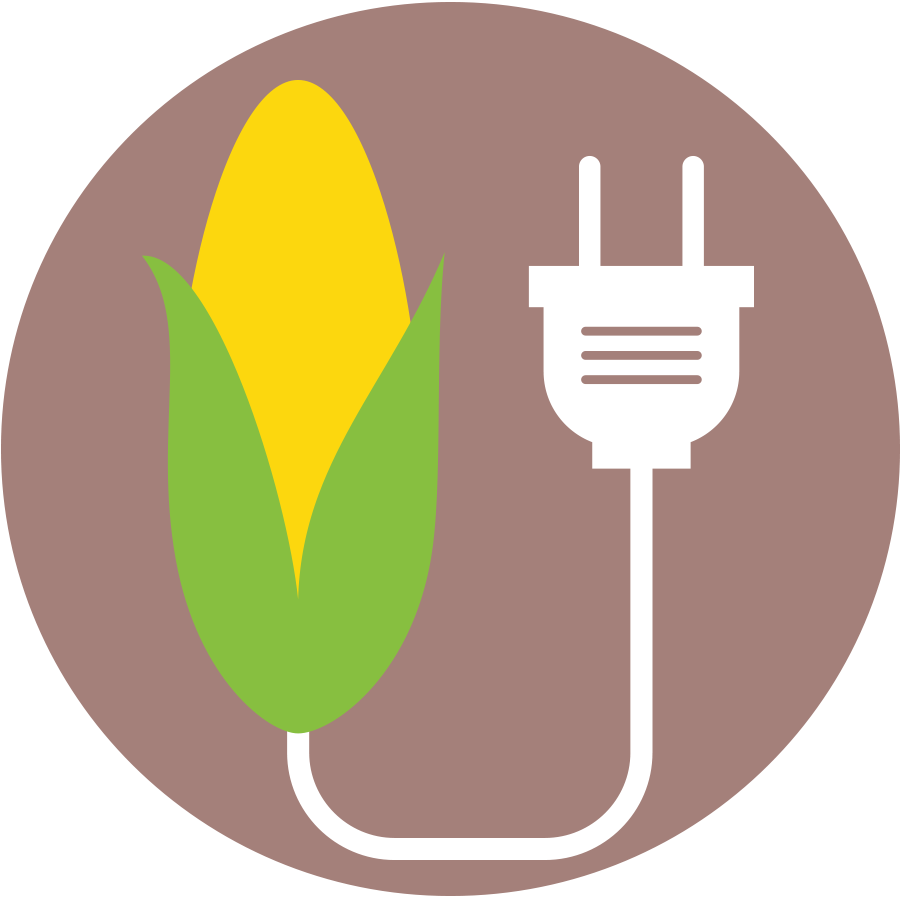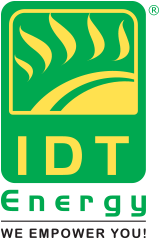LEARN MORE

Deregulation
Deregulation is the removal or relaxation of regulations or restrictions, usually in a particular industry. In the case of the energy industry, deregulation means consumers will have the ability to choose who supplies the energy used in their home or business.

Supply and Distribution
Your energy service is broken up into two parts, supply and distribution (or delivery). In the past, the price of electricity and natural gas was state-regulated, and your local utility company provided both supply and delivery. Now consumers may choose their electric and natural gas suppliers, while retaining their current utility companies to deliver the energy over their existing networks of pipes and wires. The utilities typically continue to bill for service, maintain the distribution network, and provide emergency service and customer care.

Alternative Energy Supplier
In New York State, alternative energy suppliers are referred to as ESCOs. This is an acronym for “Energy Service Company”. In other states an alternative energy supplier may be referred to as a “REP”, (Retail Energy Provider), a “TPS” (Third Party Provider), an “EGS” (Electric Generation Supplier), an “NGS” (Natural Gas Supplier), a “CRES Provider” (Competitive Retail Electric Service Provider), a “CRNGS Provider” (Competitive Retail Electric Service Provider), an “AGS” (Alternative Gas Supplier), or an “ARES” (Alternative Residential Electricity Supplier).

Generation
Production of electricity from a power plant.

Kilowatt-hour (or kWh)
Unit of measure of electricity use over a period of time. For example, ten 100-watt light bulbs operated for one hour consume one kilowatt hour (kWh) of electricity.

Therm (or CCF)
A therm is a unit of heat energy equal to 100,000 British Thermal Units (BTUs). It is approximately the energy equivalent of burning 100 cubic feet (often referred to as 1 CCF) of natural gas.

Public Utility Commission (PUC), Public Service Commission (PSC), Board of Public Utilities (BPU), Illinois Commerce Commission (ICC)
These are all examples of state regulatory agencies that regulate the energy industry.

Regulated Energy Market
In the typical regulated energy market, a utility company owns the infrastructure that stores and distributes the electricity and natural gas, such as the transformers, poles, and wires and pipelines. That same utility company is also responsible for procuring the electricity and natural gas, selling it to you, and distributing it to your home.

Biomass
Organic matter including wood, agricultural crops, and crop residue that can be burned to produce energy.

Renewable (or Green) Energy
Energy generated from sources that are naturally replenished without harming the environment. Examples are hydropower, wind, solar, geothermal, or biomass.
